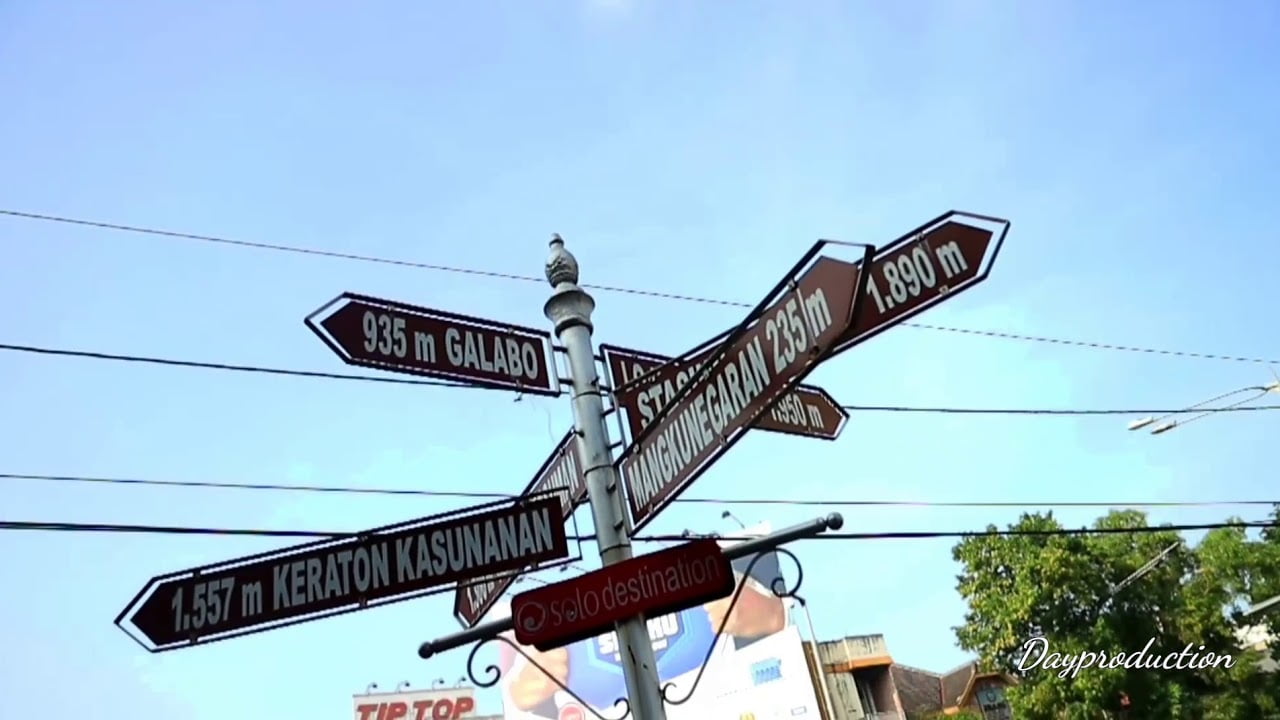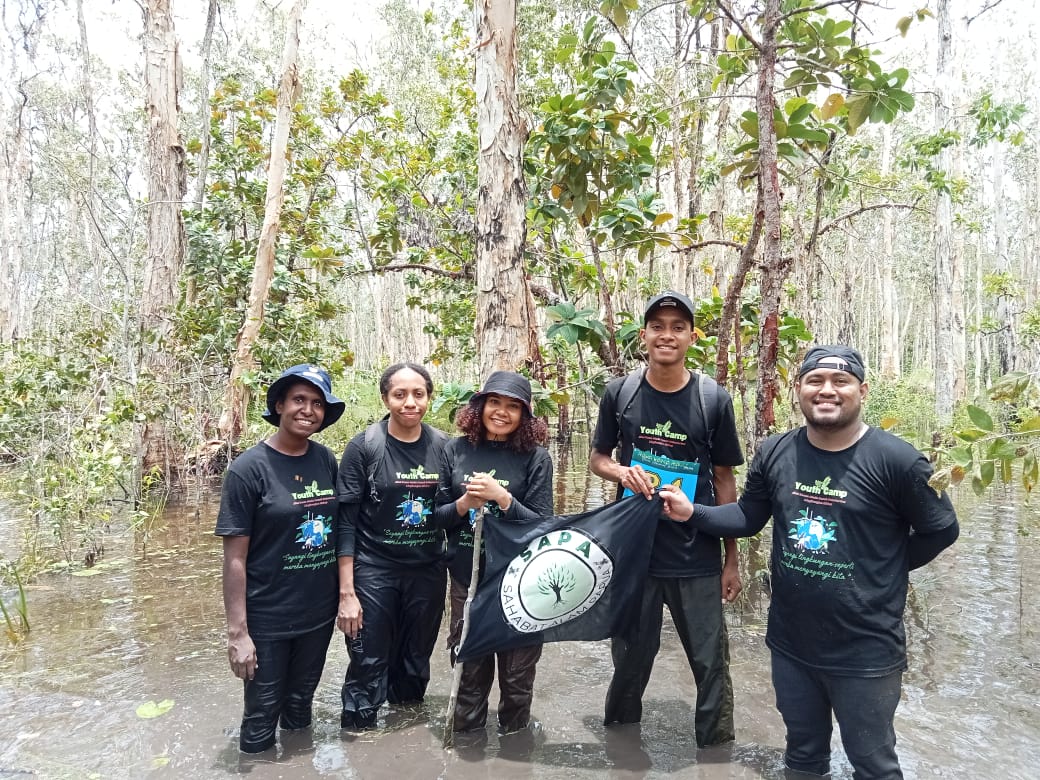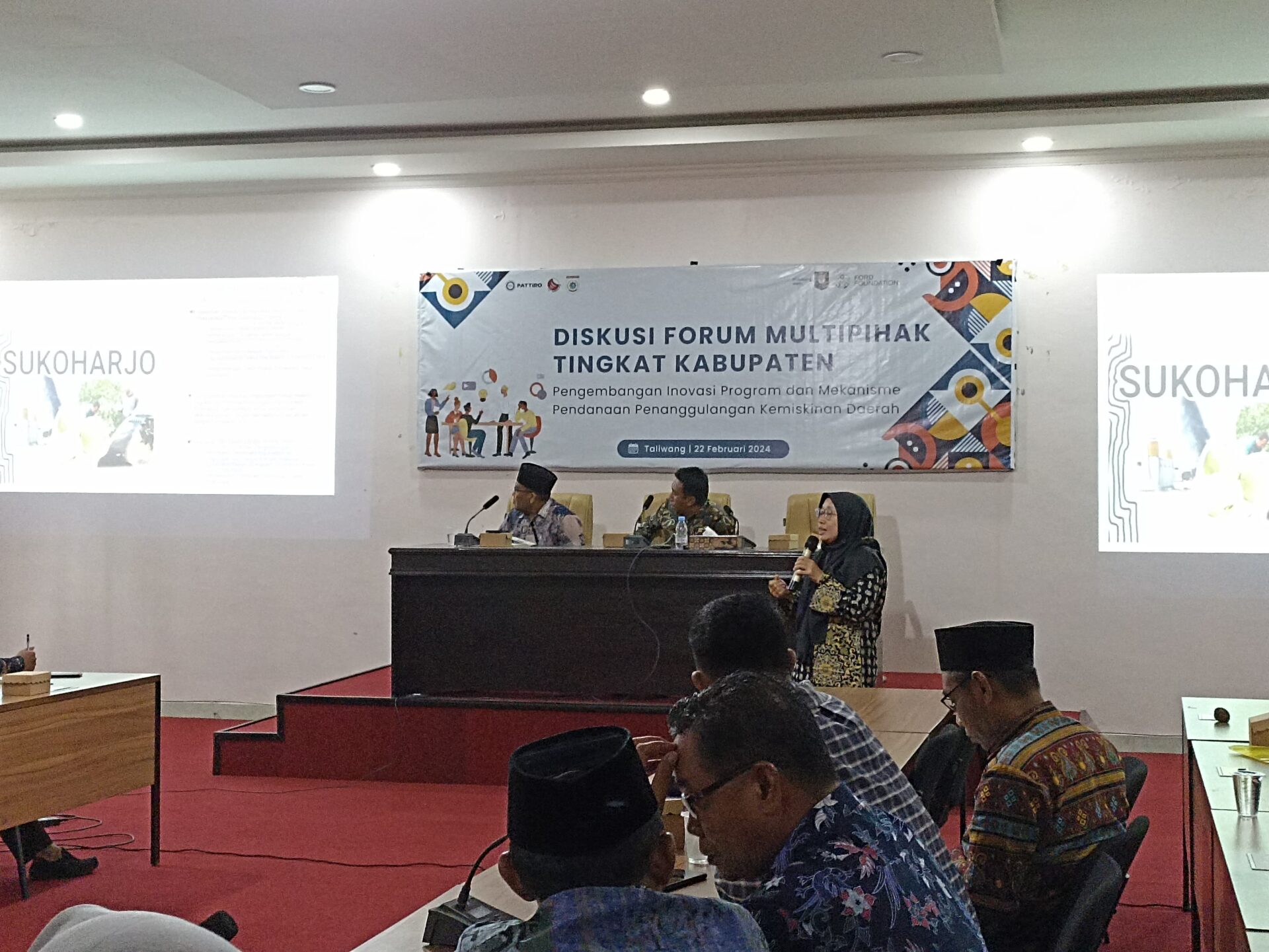 In September 2013, the City of Surakarta is working on formulating a new policy in order to become an Inclusive City. Inclusion is an approach to building and developing an increasingly open environment. This means that there is openness and friendliness for all, mutual respect and inclusion of differences in characteristics, abilities, status, conditions, ethnicity, culture and others.
In September 2013, the City of Surakarta is working on formulating a new policy in order to become an Inclusive City. Inclusion is an approach to building and developing an increasingly open environment. This means that there is openness and friendliness for all, mutual respect and inclusion of differences in characteristics, abilities, status, conditions, ethnicity, culture and others.
The agenda setting for the Surakarta City government focuses on the issue of inclusive education. Referring to the Regulation of the Minister of National Education No. 70 of 2009 concerning Inclusive Education for Students with Disabilities and Potential Intelligence and/or Special Talents, what is meant by inclusive education is an education delivery system that provides opportunities for all students who have disabilities and have potential intelligence and/or special talents to participate in education or learning in an educational environment together with students in general. Article 3 paragraph 2 of this Permendiknas also classifies anyone who is said to have discretion in this case there are 10 categories namely; blind; deaf; speech impaired; mentally disabled; quadriplegic; tunable; learning difficulties; slow learner; autistic; have motor disorders; become a victim of drug abuse, illegal drugs, and other addictive substances; have other disorders; and doubles.
The concept of inclusive education itself has a spirit to solve the problem of discriminatory treatment in our education services, especially for children with special needs. Unfortunately, our mindset is still focused that inclusive education is aimed at children with disabilities. What has not been included in Law No. 70 of 2009 and regional regulations on inclusive education in other regions is the failure to fulfill the rights of child victims of gender-based sexual violence. Literally they are also part of a group with special needs.
We can remember about the cases that happened to girls who were victims of violence, both in public areas and dating violence (KDP). In Depok, for example, in 2012 a case of kidnapping and rape that was experienced by a junior high school student in Depok City came to the surface. In the midst of her children’s age, she had to experience gender-based violence. Our society has not been able to be classified as an inclusive society, because of the experience from Depok City, the school community and the media created barriers for child victims of sexual violence. Such conditions make the child bear a double burden as a victim in the problem of gender based violence that he experienced.
The second experience is related to the policy formulation discourse at the Prabumulih City Education Office (Disdik), South Sumatra in the procurement of virginity tests. The test is in response to the rampant cases of schoolgirls suspected of practicing prostitution. It was announced that the test plan would be submitted for the 2014 regional budget. This immediately became public attention and controversy. Fulfilling the rights of child victims of gender based violence is important to get our attention and focus. The sensitivity of our patriarchal society is still low towards things that are inclusive.
The psychological burden carried by the child becomes very large when the environment begins to impose barriers on child victims of sexual violence. Women who have been victims of violence can become increasingly cornered on the side of labeling. The culture of society when the issue of gender-based violence arises is that it is the fault and the party responsible for the consequences is a woman.
The attitude of the school which seems to give a red light for students who are victims of gender-based violence to enter the school environment makes a child psychologically pressured to affiliate in the secondary environment. Gender inequality arises because stereotypes on girls who are victims of violence result in discrimination, just as in Indonesian society there is a kind of moral dubble, if a woman violates the boundaries of decency they will be reproached, but if it is a man who does it, then it is only understandable (Irwan Abdullah, 1997).
Not Just Branding
Creating a Child Friendly City and the declaration of an Inclusive City are homework for the Surakarta City Government. The city of Surakarta, which is on its way to a Child Friendly City (KLA), can learn from the experience of the City of Depok. One of the points in Child Friendly Cities is the prevention and handling of violence against children in Child Friendly Cities. We can underline in this one public issue that child victims of sexual violence find a barrier when they enter their school environment after they experience sexual violence. There is a mandate at the international level, namely education for all, all children have the right to education without discrimination.
The hope is that a Child Friendly City will not just be a lip service and branding image from stakeholders providing and administering public services. A Child Friendly City was established as an effort to fulfill children’s rights to other forms of public services and the broad framework is the fulfillment of human rights. Achieve the goal of equal access to education by taking action to eliminate discrimination based on gender, ethnicity, language, religion, age or other forms of discrimination, at all levels of education and if necessary make rules to overcome this.
Education is one way to make individuals agents of change, not just passive recipients of empowerment programs. Reflecting on Law Number 20 of 2003 concerning the National Education System stipulating that the Indonesian Education System must be able to guarantee equal distribution of educational opportunities, Article 4 paragraph (1) states that education is carried out in a democratic and fair manner and is not discriminatory by upholding human rights. The condition of children who are victims of gender-based violence needs to be encouraged to enjoy an increase in their knowledge capacity through formal and informal education, especially in the 9-year compulsory education and in some areas, 12-year compulsory education has been planned. The state has guaranteed education for the nation’s next generation. Therefore, the reasons for multiple victims of gender-based violence to access education should no longer exist in the future.
It is a breath of fresh air for all of us, that in the formulation of the Inclusive Solo City the fulfillment of children’s rights in inclusive education is not limited to Children with Special Needs (ABK) with the disability category and victims of drugs, but is also working to fight for the rights of children with HIV AIDS and children victims of violence gender based sex. The recommendation for issues that provide insulation for girls who are victims of sexual violence and/or pregnant girls is to pay attention to fulfilling their right to education. The participation of the school community and parents is very important in realizing an inclusive city. Their sensitivity must be awakened from now on, when the government is working on the formulation of this inclusive education policy.





